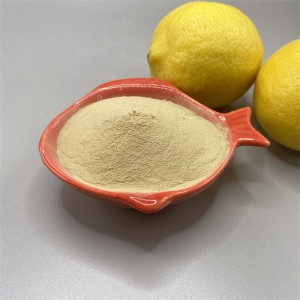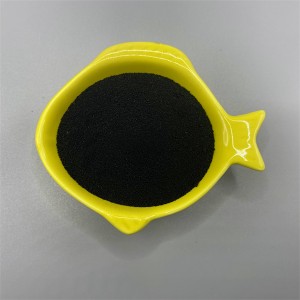Nitrogen (N):
Nitrogen fertilizer can promote the growth of plant leaves and the synthesis of green pigment, and plays an important role in the growth and development of plants.
 |
Deficiency symptoms:
leaves turn yellow, overall growth is slow, leaves gradually become pale, leaves age and fall off.
Excessive damage:
It may cause excessive plant growth, increase susceptibility to pests and diseases, affect fruit quality, and may also lead to soil acidification. |
Phosphorus (P):
Phosphorus is involved in plant energy transfer, synthesis of sugars, fats and nucleic acids, and is crucial to plant growth, development and reproduction.
 |
Deficiency symptoms:
Plant growth is slow, leaves appear purple or dark green spots, root system is poorly developed, flowering and fruiting are reduced.
Excessive harm:
It may hinder the absorption of other elements in the soil, affect the growth and development of plants, and may also lead to eutrophication of water bodies. |
Potassium (K):
Potassium participates in plant osmotic regulation, photosynthesis, enzyme activity, etc., and plays an important role in plant growth, development and stress resistance.
 |
Deficiency symptoms:
leaf margins are scorched, yellow spots appear on leaves, leaf edges are curled, and plant resistance to stress is reduced.
Excessive harm:
It may hinder the absorption of magnesium, calcium and other elements by plants, affect the growth and development of plants, and may also cause soil salinization. |
Therefore, during the fertilization process, fertilizers containing nitrogen, phosphorus, and potassium need to be applied reasonably according to the growth stage of the plant and the condition of the soil to avoid the adverse effects of lack or excess of nutrient elements on plant growth.
Post time:
Aug-22-2024







